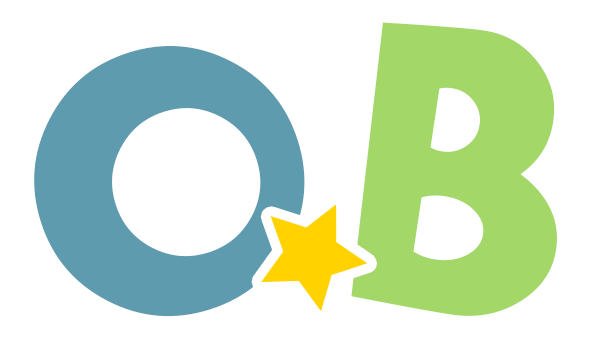Speech and Language Development: 3-12 months
Is my child’s speech okay?
Don’t you think she doesn't talk much?
Is this normal?
Why doesn't he respond when I call his name?
Why can’t she say ‘mama’ or ‘baba’ yet?
We have been there, worrying or wondering if our child’s speech is what considered to be “normal”. A visit to a paediatrician will later advice for checking for hearing problems. Having confirmed there are no hearing difficulties the next step will be having an appointment with a speech language pathologist.
When it comes to speech and language development for children, there are three categories assessed:
Pre-verbal communication : Communication without using words and include things such as gestures, facial expressions, imitation, joint attention and eye-contact.
Receptive language (understanding): comprehension of language
Expressive language (using the language): The use of language through speech, sign or alternative forms of communication to communicate wants, needs, thoughts and ideas.
The combination of these skills is what accumulates into what we call normal speech that you and I understand. It is clear that talking is just not “talking”. A lot of information goes through the brain and processed to just be able to talk. The human is a complex being where only a creator of a higher order could have created us beings. سُبْحَانَ ٱللَّٰهِ.
﷽
ٱلرَّحْمَٰنُ
1
عَلَّمَ ٱلْقُرْءَانَ
2
خَلَقَ ٱلْإِنسَٰنَ
3
عَلَّمَهُ ٱلْبَيَانَ
4
ABDUL HALEEM
(1) It is the Lord of Mercy (2) who taught the Quran. (3) He created man (4) and taught him to communicate.
Now, how do we know our child’s speech and language development is on the right track?
Here are guidelines* that can help you observe whether your child's speech and language skills are developing nicely.
Birth to 3 months
Reacts to loud sounds.
Calms down or smiles when spoken to.
Recognises your voice and calms down if crying.
When feeding, starts or stops sucking in response to sound.
Coos and makes pleasure sounds.
Has a special way of crying for different needs.
Smiles when he or she sees you.
4 to 6 months
Follows sounds with his or her eyes.
Responds to changes in the tone of your voice.
Notices toys that make sounds.
Pays attention to music.
Babbles in a speech-like way and uses many different sounds, including sounds that begin with p, b, and m.
Laughs.
Babbles when excited or unhappy.
Makes gurgling sounds when alone or playing
with you.
7 months to 1 years old
Enjoys playing peek-a-boo and pat-a-cake.
Turns and looks in the direction of sounds..
Listens when spoken to.
Understands words for common items such as “cup,” “shoe,” or “juice”.
Responds to requests (“Come here”).
Babbles using long and short groups of sounds (“tata, upup, bibibi”).
Babbles to get and keep attention.
Communicates using gestures such as waving or holding up arms.
Imitates different speech sounds.
Has one or two words (“Hi, “Dada,” or “Mama”) by first birthday.
Do you need to check with your child's doctor?
If your child hasn’t acquired most of the speech and language development milestones, there is possibility that the child has a speech delay. Don’t wait! As mentioned, please bring your child to a paediatrician as soon as possible. There are many possible reasons for a child to have a speech delay which can range from hearing loss, elective mutism and delayed development. Depending on early observations, your paediatrician may refer your child to specialists who can be an audiologist, a child psychiatrist, an occupational therapist and a speech-language pathologist for further assessment and intervention.
“Do not give up. It is true that we will feel sad when our child has little progress"
As parents who had the experience of having a child with speech delay, the most important thing is to follow the advices from the doctors, occupational therapist and speech language pathologist. They will give you list of activities to do with your child at home. What do these activities do? Simple, it all goes back to learning how to communicate. Do not give up. It is true that we will feel sad when our child has little progress, but little progress is progress! Cherish it!
References:
Preverbal communication, definition and explanation by Kids sense. You can read the article here.
Speech and language development milestone by The National Institute on Deafness and Other Communication Disorders. You can read the article here.
Speech and language delay by familydoctor.org. You can read the article here.
*This information provides a general overview and may not apply to everyone. Talk to your paediatrician to find out if this information applies to you and to get more information on this subject.



